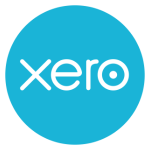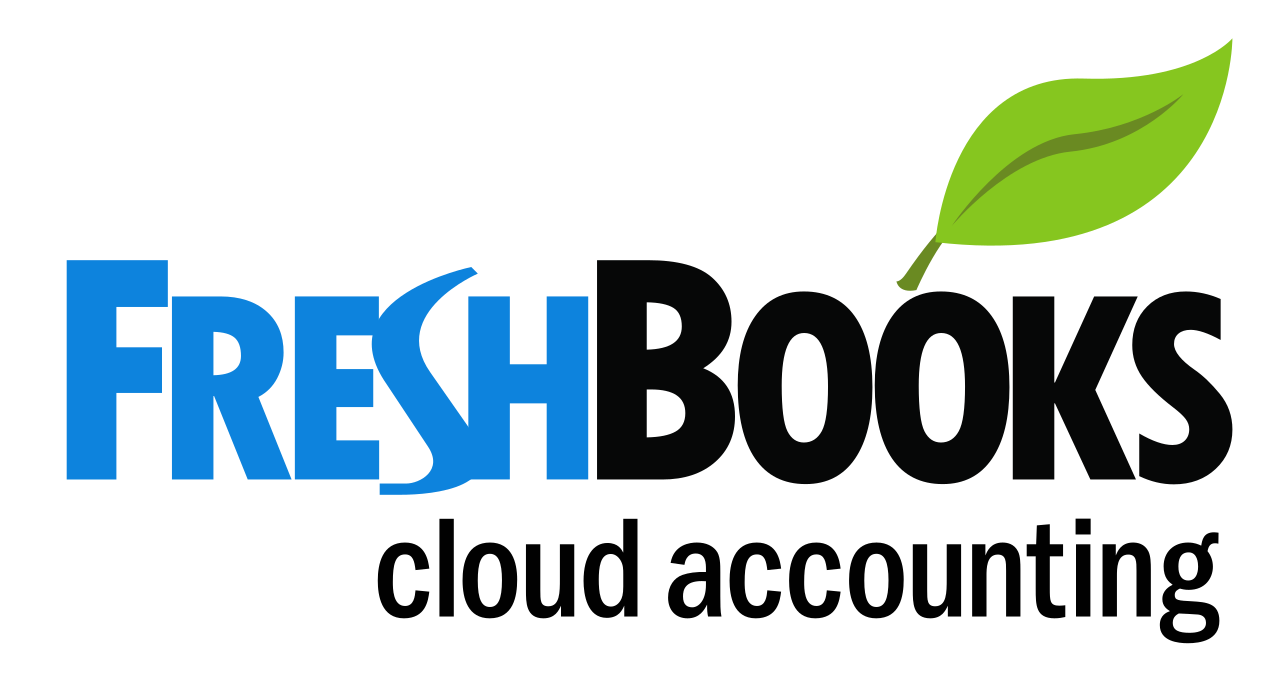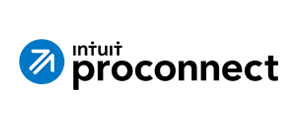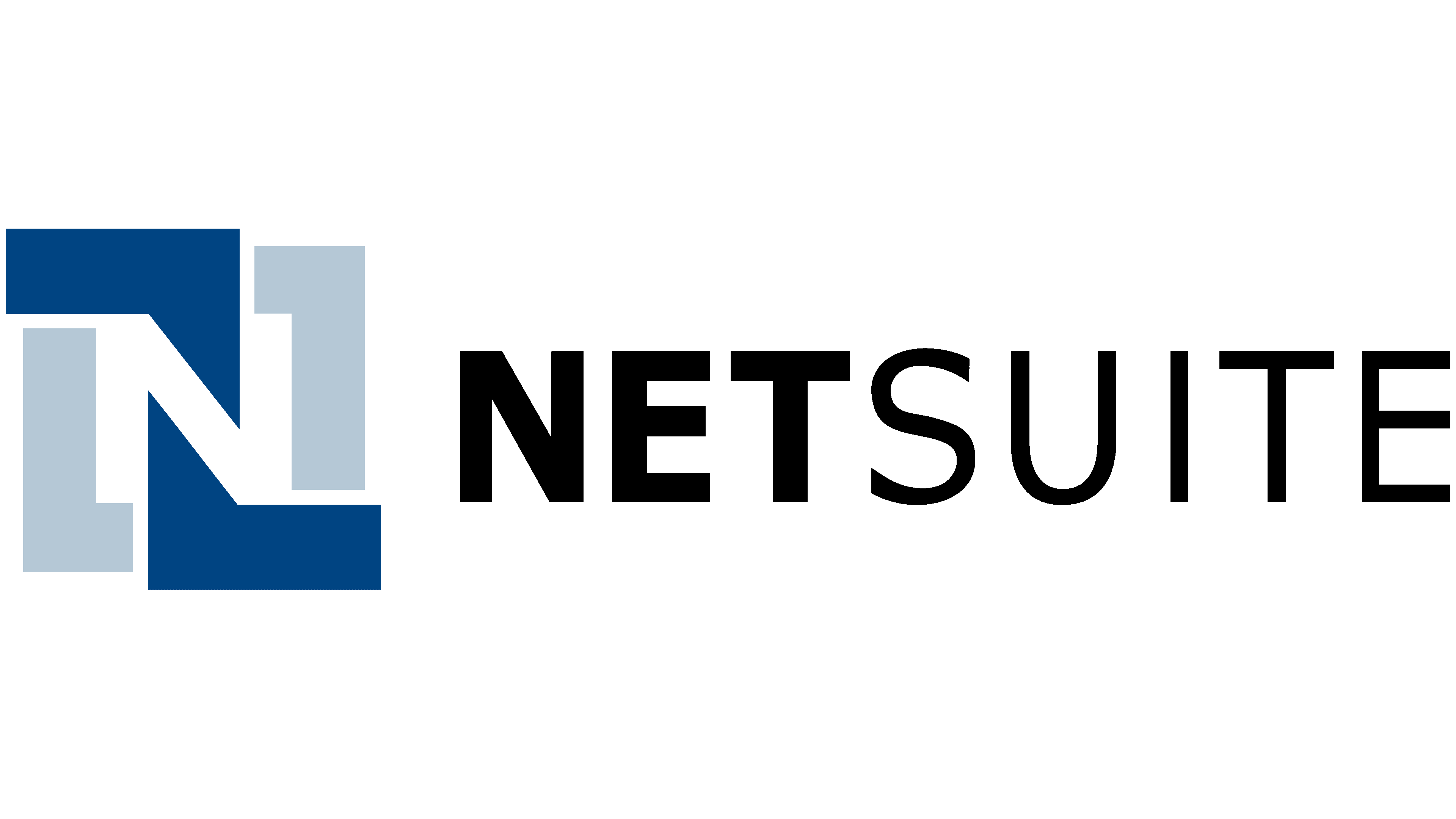Top 10 Best Accounting Software for CPA Firms


Effectively managing the financial aspects of numerous businesses can present challenges in terms of organization and supervision. This is where the most reliable accounting software for CPAs and accounting firms comes into play. This advanced software offers a wide array of features, encompassing payroll management, report generation, expense tracking and even tools to support auditing and tax preparation.
Opting for the finest accounting software tailored to the needs of CPA firms and accountants is a wise decision. Unlike generic accounting solutions available in the market, this software is meticulously designed to specifically cater to the requirements of CPA firms and accountants. Its features are finely tuned to handle diverse client portfolios, ensure compliance with regulatory standards, and seamlessly handle payroll tasks, expense reporting, and various other accounting outsourcing services.
According to a projection by Finances Online, the global accounting software market is expected to reach a valuation of $11.7 million by the year 2026.
The Most Important Features Of The Best Accounting Software For CPA Firms
Here are the key features that make the best accounting software ideal for CPAs and accounting firms providing accounting outsourcing services.
1. Streamlined Data Entry and Integration
The best accounting software for CPAs and accounting firms should offer user-friendly data entry methods, minimizing manual input through features like bank feed connectivity, automatic transaction categorization, and Optical Character Recognition (OCR) technology for receipt scanning. These features expedite processes, reduce errors, and empower professionals to concentrate on higher-value tasks.
2. Comprehensive Compliance and Reporting
Top-notch accounting software for CPAs and accounting firms must encompass robust compliance capabilities that stay up-to-date with evolving regulations. This includes automated tax calculations, up-to-date tax forms, and seamless e-filing. It empowers CPAs to generate precise financial statements, balance sheets, and income statements with comprehensive reporting options, ensuring adherence to accounting standards.
3. Client Collaboration and Management
The best accounting software for CPAs and accounting firms promotes seamless collaboration between CPAs and their clients. Enhancing client interaction through secure document exchange, real-time access to financial data, and communication tools integrated within the platform. Additionally, client management features help businesses organize and monitor client details, deadlines, and communication, resulting in more efficient interactions and increased client satisfaction.
Top 7 Best Accounting Software for Accounting and CPA Firms
1. QuickBooks
QuickBooks is one of the most popular accounting software choices for CPAs and accounting firms, and for good reason. It offers a wide range of features that can accommodate the needs of both small businesses and larger enterprises. Some of the key features of QuickBooks Online include:
- Cloud-Based Convenience: QuickBooks Online is a cloud-based solution, allowing CPAs and their clients to access financial data from anywhere with an internet connection. This flexibility is invaluable for remote work and collaboration.
- Financial Reporting: QuickBooks Online offers robust reporting capabilities, enabling CPAs to generate balance sheets, income statements, cash flow statements, and more. These reports can be customized to meet the specific needs of each client.
- Integration: The software can seamlessly integrate with other popular financial tools and applications, making it easy to import data and manage financial transactions.
- Multi-User Access: QuickBooks Online allows multiple users to access the same account, which is ideal for collaboration among accounting teams.
- Automatic Bank Reconciliation: The software can automatically reconcile bank transactions, reducing the chances of errors and saving time.
- Tax Preparation: QuickBooks Online has a built-in tax preparation feature, which makes it easier for CPAs to prepare and file taxes for their clients.
- User-Friendly Interface: It’s known for its user-friendly interface and ease of use, which is particularly beneficial for small business clients who may not be finance-savvy.
QuickBooks Online is a versatile tool suitable for CPAs working with various client sizes and industries. Its wide user base also means that there is a wealth of community support and resources available.
2. Xero
Xero is another cloud-based accounting software solution that is gaining popularity among CPAs and accounting firms. It offers several features that make it a strong contender for professionals in the field:
- Real-Time Collaboration: Xero enables real-time collaboration between CPAs and their clients. Both parties can access and update financial information simultaneously.
- Multi-Currency Support: This feature is particularly useful for CPAs who work with international clients. Xero can handle multiple currencies and exchange rates.
- Extensive Add-On Marketplace: Xero offers a wide range of integrations and add-ons, allowing CPAs to customize their accounting software to meet specific client needs.
- Bank Reconciliation: Like QuickBooks Online, Xero also has an automatic bank reconciliation feature, saving time and reducing errors.
- Mobile Accessibility: With Xero’s mobile app, CPAs can manage their clients’ finances on the go, making it convenient for fieldwork or meetings with clients.
- Secure Data Storage: Xero employs robust data security measures to protect sensitive financial information, reassuring clients about the safety of their data.
- Reporting: Xero offers customizable reporting and analytics tools, helping CPAs track key financial metrics and make informed decisions.
Xero is a great choice for CPAs and firms that value real-time collaboration and need to manage international clients. Its vast array of add-ons further enhances its capabilities.
3. Sage
Sage is a well-established accounting software solution that has been a favorite among CPAs and small to medium-sized accounting firms for many years. Some of its notable features include:
- Comprehensive Accounting Tools: Sage offers a comprehensive set of accounting tools, including accounts payable, accounts receivable, inventory management, and more.
- Customizable Reporting: CPAs can generate detailed financial reports tailored to their clients’ specific needs. These reports can be exported and shared easily.
- Desktop and Cloud Versions: Sage offers both desktop and cloud-based versions, providing flexibility for different working preferences.
- Multi-User Access: It allows multiple users to collaborate on the same data file, making it suitable for accounting firms with multiple team members.
- Payroll Management: Sage includes a payroll module, making it a one-stop solution for small businesses looking to handle payroll and accounting together.
- Inventory Management: For clients with inventory, Sage offers advanced inventory management tools to keep track of stock levels and costs.
Sage is an excellent choice for small to medium-sized accounting firms that require a comprehensive accounting solution. Its long history in the market and loyal user base attest to its reliability.
4. FreshBooks
FreshBooks is a cloud-based accounting software primarily designed for small businesses and self-employed professionals. While it may not be as feature-rich as some of the other options, it excels in simplicity and ease of use. Key features of FreshBooks include:
- Invoicing and Time Tracking: FreshBooks simplifies the process of creating invoices and tracking billable hours. This is particularly helpful for CPAs who charge clients on an hourly basis.
- Expense Tracking: CPAs can easily record and categorize expenses, making it simple to manage and report on business spending.
- Client Portal: FreshBooks provides a client portal where clients can view invoices, make payments, and communicate with their CPA.
- Mobile App: The FreshBooks mobile app allows CPAs to manage their clients’ financials on the go, which can be especially useful for those who travel frequently.
- Reporting: While not as robust as other options, FreshBooks provides basic financial reporting features to help CPAs keep track of their clients’ financial health.
FreshBooks is a straightforward and user-friendly solution ideal for solo CPAs or small accounting firms working with simple financial needs. It may not have the advanced features of larger accounting software, but it excels in its target market.
5. Intuit ProConnect Tax Online
Intuit ProConnect Tax Online is specifically designed for CPAs and tax professionals. While it’s not a comprehensive accounting software like some of the others on this list, it excels in tax preparation. Some of its features include:
- Cloud-Based Tax Preparation: CPAs can prepare and file taxes for their clients from anywhere with an internet connection. This is particularly useful during tax season when CPAs often work long hours.
- E-Filing: Intuit ProConnect Tax Online supports e-filing, making the tax filing process faster and more efficient.
- Integration with QuickBooks: If a CPA’s clients already use QuickBooks, they can easily integrate it with Intuit ProConnect Tax Online, streamlining the tax preparation process.
- Comprehensive Tax Library: The software provides access to a vast library of tax forms, ensuring that CPAs have the resources they need to handle various tax situations.
- Real-Time Updates: Intuit ProConnect Tax Online is updated in real-time to reflect any changes in tax laws or regulations.
Intuit ProConnect Tax Online is an excellent choice for CPAs who specialize in tax preparation and need a dedicated software solution for this task.
6. Zoho Books
Zoho Books is a cloud-based accounting software known for its affordability and extensive features. It’s a strong contender for CPAs and accounting firms on a budget. Some of its key features include:
- Invoicing: Zoho Books offers customizable invoicing templates, making it easy for CPAs to create professional invoices.
- Expense Tracking: CPAs can record and categorize expenses, simplifying financial management for their clients.
- Inventory Management: Zoho Books includes inventory management features, which can be beneficial for clients in retail or e-commerce.
- Multi-Currency Support: If CPAs have international clients, Zoho Books can handle multiple currencies and exchange rates.
- Client Portal: Zoho Books provides a client portal where clients can view invoices, make payments, and communicate with their CPA.
- Mobile Accessibility: The Zoho Books mobile app allows CPAs to manage their clients’ finances on the go.
- Integrations: Zoho Books can integrate with a variety of other Zoho apps and third-party software to enhance its functionality.
Zoho Books is an attractive option for CPAs and firms looking for a feature-rich accounting software solution without breaking the bank.
7. Wave
Wave is a cloud-based accounting software designed primarily for small businesses and freelancers. It is known for its simplicity and affordability, as it offers many essential accounting features without the high cost of more robust solutions. Key features of Wave include:
- Invoicing: Wave allows users to create professional invoices and track payments, making it suitable for small businesses and solo practitioners.
- Expense Tracking: Users can easily record and categorize expenses, simplifying bookkeeping.
- Bank Reconciliation: Wave offers bank reconciliation features to ensure accurate financial records.
- Receipt Scanning: Wave’s mobile app enables users to scan and capture receipts, reducing paperwork.
- Payroll: While Wave offers a basic payroll service, it is available as an add-on for an additional fee.
- Financial Reporting: Wave provides basic financial reports to help business owners track their financial health.
Wave is a great choice for small businesses and freelancers looking for a simple and cost-effective accounting solution. It’s easy to use, and the fact that it offers basic bookkeeping and invoicing tools without any subscription fees makes it a standout option for businesses on a budget.
8. NetSuite
NetSuite is an enterprise-level, cloud-based Enterprise Resource Planning (ERP) software that offers comprehensive accounting and financial management capabilities. While it goes far beyond the needs of small businesses, it is ideal for larger corporations and enterprises. Key features of NetSuite include:
- Financial Management: NetSuite provides extensive financial management tools, including general ledger, accounts payable, accounts receivable, and more.
- Financial Reporting: It offers customizable reporting and analytics to help businesses make informed decisions.
- Multi-Entity Support: NetSuite can handle multiple business entities, making it suitable for larger organizations with complex structures.
- Scalability: The software can grow with a business, accommodating increasing needs as the organization expands.
- Integration: NetSuite can integrate with other systems and applications, creating a unified solution for enterprise management.
- CRM and E-commerce: NetSuite includes Customer Relationship Management (CRM) and e-commerce features, enhancing its value for larger businesses.
NetSuite is a high-end solution that is best suited for mid-sized to large enterprises with complex financial management requirements. It provides a wide range of features to help businesses streamline their operations and make data-driven decisions.
9. SAP Software
SAP (Systems, Applications, and Products) provides a wide range of enterprise software solutions, including ERP, CRM, and business intelligence. It’s known for serving large enterprises and multinational corporations. SAP’s accounting and finance solutions include SAP S/4HANA Finance and SAP Business ByDesign. Key features of SAP software solutions include:
- Complex Financial Management: SAP software is well-suited for complex financial management, consolidation, and reporting, making it ideal for large multinational corporations and organizations with intricate financial needs.
- Integration: SAP software can seamlessly integrate with various other systems and data sources, allowing accounting firms to consolidate data and streamline processes.
- Global Operations Support: SAP is designed to handle international business operations, making it a strong choice for accounting firms with clients or operations in multiple countries.
- Advanced Reporting and Analytics: SAP provides advanced reporting and analytics tools, enabling CPAs to create in-depth financial reports and perform complex data analysis.
- Compliance and Security: SAP emphasizes robust security and compliance features, ensuring data integrity and compliance with financial regulations.
- High Cost and Complexity: SAP software can be expensive to implement and maintain. It is typically more appropriate for large enterprises with substantial resources.
Conclusion
Choosing the best accounting software for CPAs and accounting firms is a critical decision that can significantly impact efficiency, client satisfaction, and overall success. The right software should align with the specific needs and goals of the accounting practice. The options mentioned in this article – QuickBooks Online, Xero, Sage 50cloud, FreshBooks, Intuit ProConnect Tax Online, and Zoho Books, Wave, SAP, NetSuite – each have their unique strengths and are suitable for different scenarios.
Ultimately, CPA firms should carefully evaluate their requirements, budget, and client base to select the accounting software that best meets their needs. Keep in mind that as technology evolves, new features and tools are continually being introduced to enhance the capabilities of accounting software. Stay up to date and be willing to adapt to the changing landscape of accounting software to maintain a competitive edge in the industry.
Read more:


